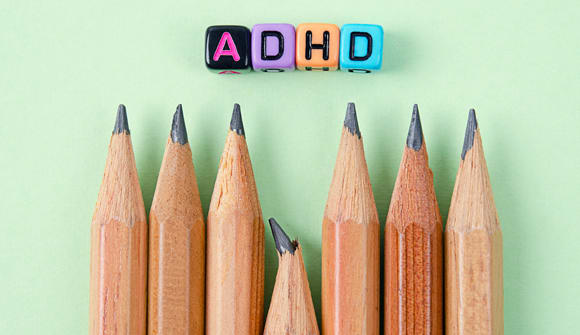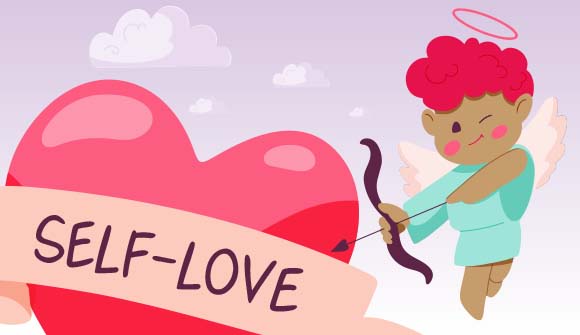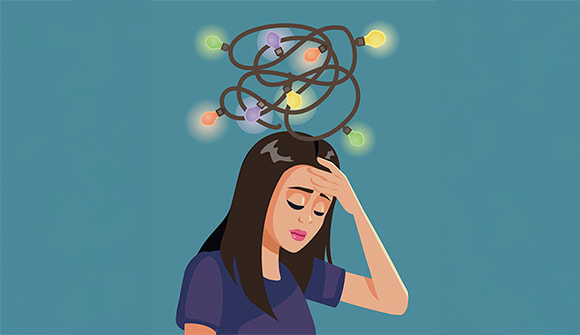Is adult-onset ADHD real?
Feeling distracted and unfocused?
Article Author: Johnny Woodhouse
Article Date:

About 5% of Americans over the age of 18 deal with attention-deficit hyperactive disorder (ADHD) daily, and most, if not all, had ADHD as a child.
In other words, many children don’t “outgrow” ADHD; they mask it better as adults.
De’Von Patterson, PhD, a licensed psychologist with Baptist Behavioral Health at Baptist Medical Center Clay in Fleming Island, said the term “adult-onset ADHD” is often used loosely in society when, in reality, it’s a lot more nuanced than that.
“ADHD is classified as a neurodevelopmental disorder, which means it starts in childhood,” he said. “Having it for the first time in adulthood, after not showing any real signs of it as a child, is not really a thing.”
Symptoms of ADHD in adults
ADHD is a brain condition characterized by impulsive behavior, hyperactivity and problems with concentration. Symptoms of the condition include being easily distracted, fidgety, forgetful and having poor organizational skills.
Around 11% of children in the U.S. have ADHD, according to the Centers for Disease Control and Prevention (CDC). Onset typically occurs between the ages of 4 and 17 and symptoms can change or increase over time with the demands of daily life. Many children will continue to have the disorder into adulthood. In addition, it’s not uncommon for the condition to go undiagnosed until adulthood.
In early adulthood, ADHD may be associated with depression, mood or conduct disorders and substance abuse. Adults with ADHD often have difficulties at work and in their personal and family lives. Some will experience relationship problems, and others may have chronic feelings of frustration, guilt or blame.
Common symptoms of ADHD in adulthood include:
- Poor attention
- Excessive distractibility
- Spacing out
- Forgetfulness
- Frequently losing things
- Chronic lateness
- Careless mistakes
- Procrastination
However, not everyone who has trouble concentrating has ADHD.
“People with anxiety also have difficulty starting tasks or projects,” said Dr. Patterson, who treats both children and adults in his psychology practice.
ADHD diagnosis and treatment for adults
While some adults seeking treatment for ADHD need it, adolescents and young adults without documented childhood ADHD often seek stimulant medication for nonmedical reasons, such as to study for a test. Dr. Patterson cautioned that students with serious attention issues should first see a doctor for a medical diagnosis instead of seeking prescription medications.
“Only after a thorough psychological assessment can a clinical judgment be made,” said Dr. Patterson. A combination of medication and behavioral modification is the most proven therapy for improved function when treating ADHD.
Experiencing symptoms of ADHD?
Contact your primary care physician about a referral to one of our Baptist Behavioral Health offices. To find a provider in your area, call 904.202.4YOU.



